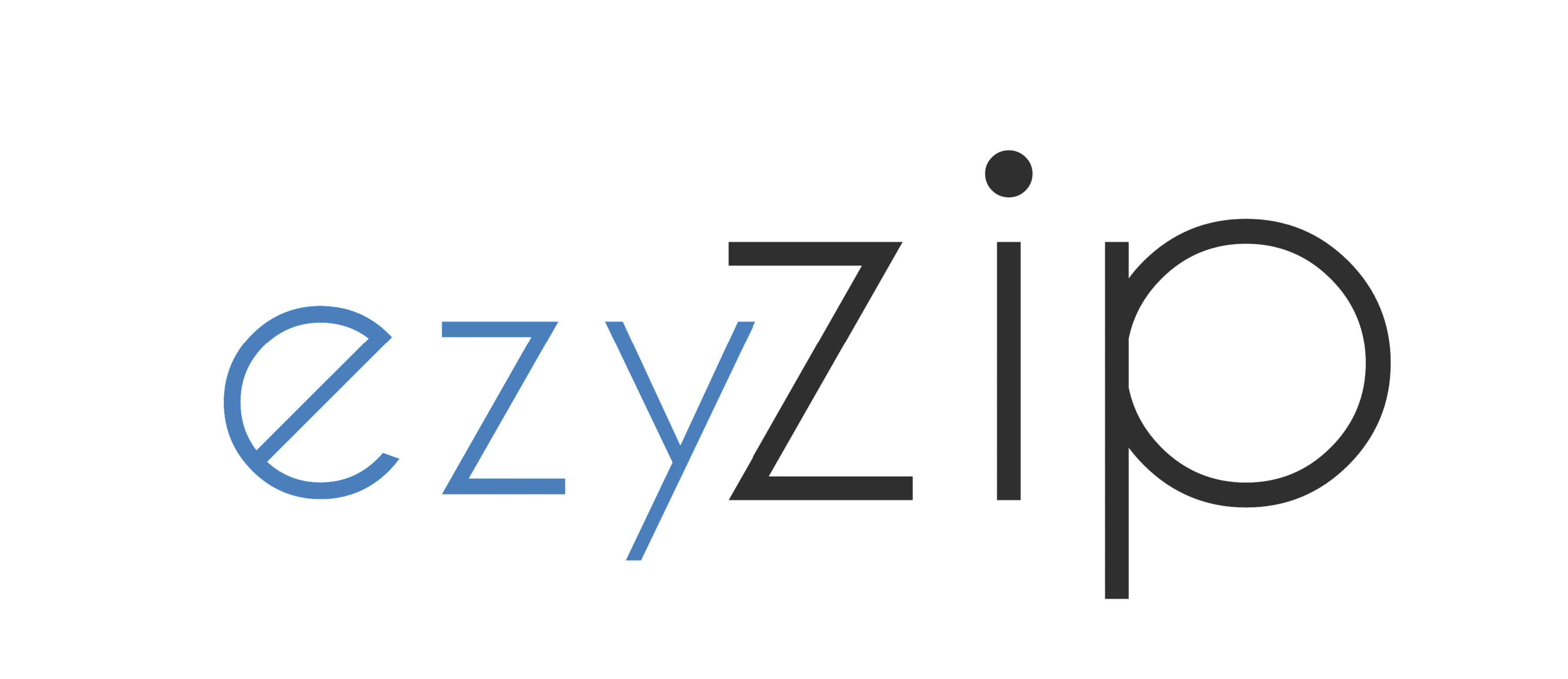Introduction
The digital age has made it easier than ever to access and share information, but it has also introduced new risks. One such risk is the exposure of personal and sensitive data through platforms like thejavasea.me leaks aio-tlp. This article delves into the risks posed by these leaks and offers guidance on how to protect both your personal and professional information.
What is thejavasea.me Leaks Aio-TLP?
Thejavasea.me is a platform that has gained notoriety for hosting leaked personal, corporate, and financial data. These leaks are organized and classified using the All-In-One Traffic Light Protocol (Aio-TLP), which categorizes data based on its sensitivity. Although this classification system is meant to organize data for sharing, its use in unauthorized data leaks creates significant security and privacy concerns. For more information you can visit Dallee.
Breaking Down the All-In-One Traffic Light Protocol (Aio-TLP)
Aio-TLP organizes data into four categories, each with specific rules regarding who can access and share the information:
- TLP:RED
Strictly restricted; only trusted recipients are allowed to access this information. - TLP:AMBER
Data can be shared within trusted circles but should not be disclosed publicly. - TLP:GREEN
Shared freely within certain communities, though some limitations apply. - TLP:WHITE
Information that can be widely shared without restrictions.
When data categorized under these protocols is leaked, it can lead to significant privacy violations and security risks for both individuals and organizations.
Why Should You Be Concerned About Leaks from thejavasea.me?
- Exposure of Sensitive Data
Personal and financial details, including bank accounts, passwords, medical records, and more, are often leaked. This makes it easier for cybercriminals to exploit individuals. - Impact on Business Confidentiality
Business strategies, client details, intellectual property, and internal documents are at risk of being exposed, which could harm a company’s reputation or lead to financial loss. - Reputational Damage
Whether you’re an individual or a business, a data breach can cause lasting harm to your reputation, affecting your relationships with clients, customers, and other stakeholders.
Signs That Your Data Might Have Been Leaked
If your personal or professional information is leaked, there are several signs you can watch for:
- Unexplained Financial Transactions
Check your bank and credit card statements for unauthorized activity or purchases. - Phishing Emails or Messages
Be wary of suspicious emails, phone calls, or texts that ask for personal information or direct you to fake websites. - Account Login Alerts
You may receive notifications of logins or password changes from accounts you don’t recognize. - Unusual Activity in Your Business Systems
If you’re running a business, unauthorized access to internal documents or accounts could indicate a breach.
How to Protect Yourself from Data Leaks
- Use Strong Passwords
Create passwords that are complex and unique for each account. Avoid reusing passwords across different sites. - Enable Two-Factor Authentication (2FA)
Whenever possible, activate two-factor authentication (2FA) on your accounts to add an extra layer of security. - Be Cautious with Public Wi-Fi
Avoid conducting sensitive transactions or accessing accounts while connected to public Wi-Fi. Instead, use a virtual private network (VPN) for secure browsing. - Install Anti-Malware and Anti-Virus Software
Keep your devices protected by using reliable software that can detect and prevent malware from infiltrating your system. - Limit Personal Information Sharing
Be mindful of the information you share online. Avoid sharing sensitive details such as your full name, address, and phone number on unsecured websites or social media.
What to Do If Your Data Has Been Leaked
If you discover that your personal or business information has been leaked, taking immediate action is crucial to minimize the damage:
- Change Your Passwords
Immediately update the passwords for all affected accounts and use unique, complex passwords for each. - Notify Financial Institutions
Contact your bank or credit card provider to inform them of the breach. They may offer monitoring services or freeze accounts to prevent fraudulent activity. - Alert Authorities and Businesses
If sensitive business data is leaked, notify the relevant parties such as clients, customers, or partners. You may also need to report the incident to law enforcement. - Monitor for Fraudulent Activity
Regularly review your credit reports, financial statements, and online accounts to spot any suspicious activity. - Secure Your Devices
Ensure that all your devices are running up-to-date security software and that no unauthorized software has been installed.
How to Prevent Future Data Breaches
- Regularly Update Your Software
Keep your devices and software up-to-date with the latest security patches to close vulnerabilities that hackers could exploit. - Use Encryption for Sensitive Data
If you store sensitive information online or on your devices, make sure it is encrypted to prevent unauthorized access. - Be Aware of Phishing Scams
Be cautious of emails or messages that seem suspicious. Never click on links or open attachments from unknown sources. - Educate Yourself and Employees
If you run a business, regularly educate your team about the importance of cybersecurity and best practices to avoid falling victim to scams or leaks.
The Importance of Cybersecurity for Businesses
- Secure Customer Data
Businesses must ensure that customer data is stored securely and protected from unauthorized access. - Implement Regular Security Audits
Conduct routine security audits to identify any weaknesses in your company’s cybersecurity framework. - Have an Incident Response Plan
Prepare for the worst by having a response plan in place in case of a breach. This should include steps to take in the event of data theft or unauthorized access.
Conclusion
Thejavasea.me leaks aio-tlp platform highlights the vulnerability of personal and business data in the digital age. Whether you’re an individual or part of an organization, taking proactive steps to secure your data is essential. By staying vigilant, practicing good cybersecurity habits, and responding quickly in case of a breach, you can protect yourself from the devastating consequences of data leaks.

